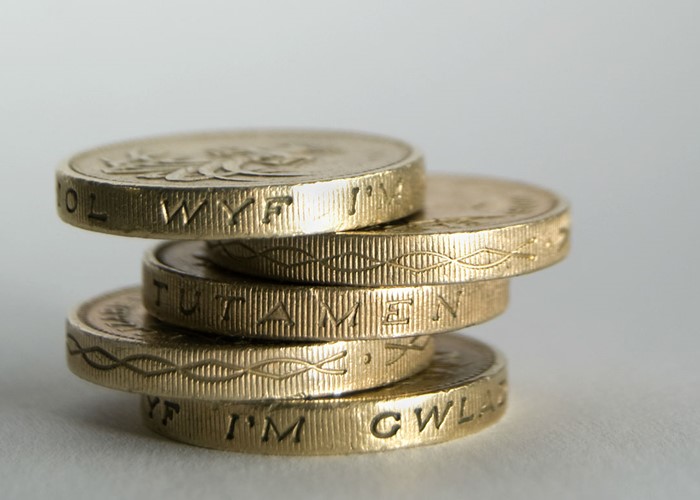Inflation falls again in November

Prospect of Base Rate rise falls even further.
Household finances have received a timely boost after the latest annual inflation figures revealed the average cost of goods and services fell last month.
The Consumer Prices Index (CPI) measurement of inflation fell by 0.1% in the 12 months to October 2015, the exact same fall as we saw in September, according to the latest figures from the Office for National Statistics (ONS).
The figures revealed that clothing and footwear saw big price rises year-on-year, essentially due to fewer products being on sale during October 2015 than last year. Recreation goods also saw some significant price rises, which the ONS put down to the increasing price of computer games and consoles.
However, these rises were more than offset by falls elsewhere. These included food, continuing the price falls seen over the last 18 months, alcohol and tobacco.
How has inflation changed this year?
The CPI figure has been around zero for almost all of 2015, as the table below demonstrates.
|
Month |
CPI 12-month rate |
|
January |
0.3% |
|
February |
0% |
|
March |
0% |
|
April |
-0.1% |
|
May |
0.1% |
|
June |
0% |
|
July |
0.1% |
|
August |
0% |
|
September |
-0.1% |
|
October |
-0.1% |
What’s more, it’s unlikely to rise too sharply any time soon, with Mark Carney, the governor of the Bank of England, suggesting that it will remain below 1% until the second half of 2016.
Why should you care about inflation?
Inflation is essentially the way the authorities track the cost of living. So if it stays low, as it has throughout 2015, that essentially means that life isn’t getting more expensive generally.
And that’s good news for most of us. It means you aren’t having to shell out more at the supermarket till or the petrol pump, and that even if you haven’t bagged a payrise this year you aren’t really any worse off overall.
What it means for Base Rate
It also pushes the prospect of a Base Rate rise even further away. The Bank of England is tasked with returning inflation to its target of 2%, and raising rates will not help to do that.
Last week the Bank’s chief economist Andrew Haldane said that increasing Base Rate now would “increase unnecessarily the chances of the economy falling below critical velocity”, adding that cutting Base Rate even further from its current record low of 0.5% was just as plausible as raising it.
That suggests that low mortgage rates will continue, and not just on residential mortgages either – new figures from Moneyfacts suggest buy-to-let mortgages have never been lower. Personal loans are also likely to remain incredibly cheap, while we continue to see record deals offered on 0% purchase credit cards and 0% balance transfer credit cards.
It’s not such good news for savers though. While beating inflation has never been easier, getting a really decent return on your cash remains tricky. For a comprehensive look at the very best savings options around check out Where to earn most interest on your cash.
Compare the very best savings accounts today
Boost your bank balance:
Popular ISA rate crashes: where YOU should save now
Is your energy bill about to rocket?
Comments
Be the first to comment
Do you want to comment on this article? You need to be signed in for this feature